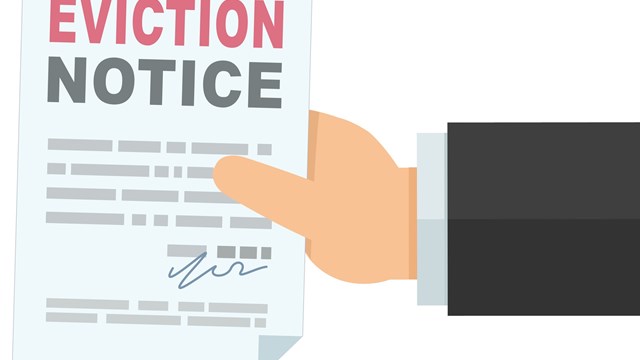Q The board of managers of our upstate condo issued a ruling that any unit owner who is behind in payment of common charges cannot vote at the annual meeting. Our bylaws only say that each unit owner is entitled to one vote. No mention is made about denying the right to vote. Doesn’t this ruling require a change in the bylaws? This would require a two-thirds vote from the unit owners. The board also now charges delinquent accounts 9 percent per month, or 108 percent on an annual basis. Is this legal?
—Upstate Condo Owner
“If the bylaws and the declaration have specific provisions regarding the right to vote, and those do not place any restrictions on the right to vote with regard to delinquent unit owners, then the board cannot deny the unit owners the right to vote per se without a bylaw amendment.
“The Condominium Act (Article 9B of the New York Real Property Law RPL §§ 339-b, et seq.) governs the operations of condominiums. RPL §339-j provides that ‘Each unit owner shall comply strictly with the bylaws and with rules, regulations, resolutions and decisions adopted pursuant thereto. Failure to comply with any of the same shall be ground for an action to recover sums due, for damages or injunctive relief or both maintainable by the board of managers on behalf of the unit owners or, in a proper case, by an aggrieved unit owner. In any case of flagrant or repeated violation by a unit owner, he may be required by the board of managers to give sufficient surety or sureties for his future compliance with the bylaws, rules, regulations, resolutions and decisions.
“Rules and regulations may be adopted by the board to enforce bylaws so long as they do not conflict with bylaws. Resolutions pursuant to bylaws authorizing certain actions are also permitted.
“Note that under RPL §339-u, ‘No modification of or amendment to the bylaws shall be valid unless set forth in an amendment to the declaration and such amendment is duly recorded.’
“The bylaws of this condominium apparently do not expressly condition voting rights on payment of common charges so unless amended bylaws were adopted by the shareholders and RPL §339-u was followed, there would be no right to restrict voting rights, per se.
“There is one possible exception—if this practice has been in effect since the formation of the condominium, everyone was notified about it, and it has been enforced and followed continuously, it might be enforceable. See Caruso v. Board of Managers of Murray Hill Terrace Condominium, 146 Misc.2d 405, 550 N.Y.S.2d 548 (Sup. Ct. N.Y. Cty 1990). From the question, however, this would appear no to be the case.
“The late fees being charged sound somewhat excessive (the highest amount I have seen upheld by a court with respect to individuals is 4 percent and with respect to corporations 5 percent), especially if the bylaws do not expressly permit imposition of late fees.
“As stated by one appellate court, ‘The late fee, however, is recoverable if the board establishes at the inquest ordered by the IAS Court that the fee either represents its reasonable costs arising out of the [unit owner’s] delinquency, or that the board resolution authorizing the fee was adopted pursuant to a provision of the bylaws, circumstances which cannot be determined on the present record [citation omitted].’ Bd. of Mgrs. of Executive Plaza Condominium v. Jones, 251 A.D.2d 89, 674 N.Y.S.2d 304 (1st Dep’t 1998).
“The board would have to establish that the 9 percent late fee is authorized under the bylaws or that it represents the reasonable costs associated with the unit owner’s nonpayment of common charges, both of which seem unlikely under the facts of this question.”







Leave a Comment